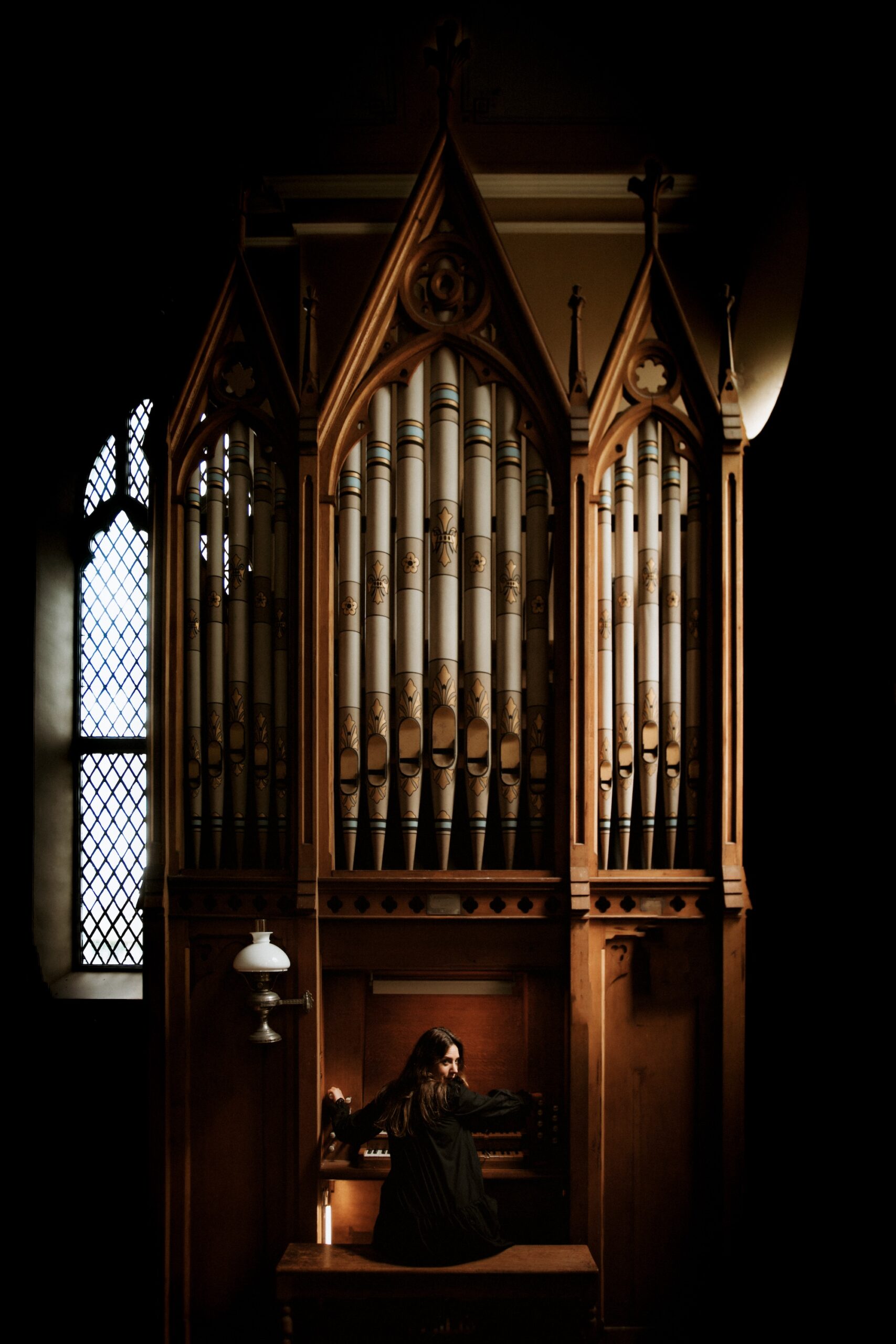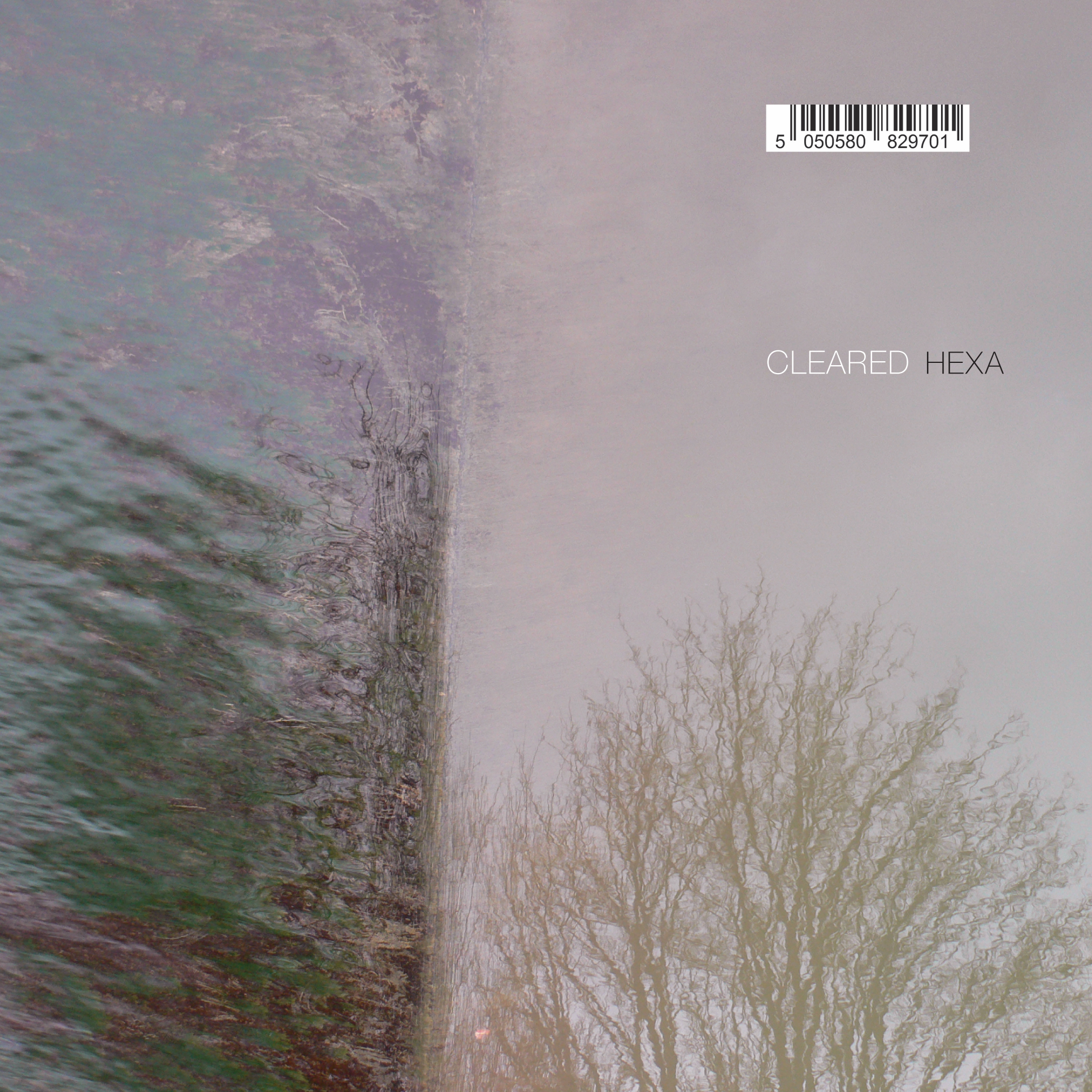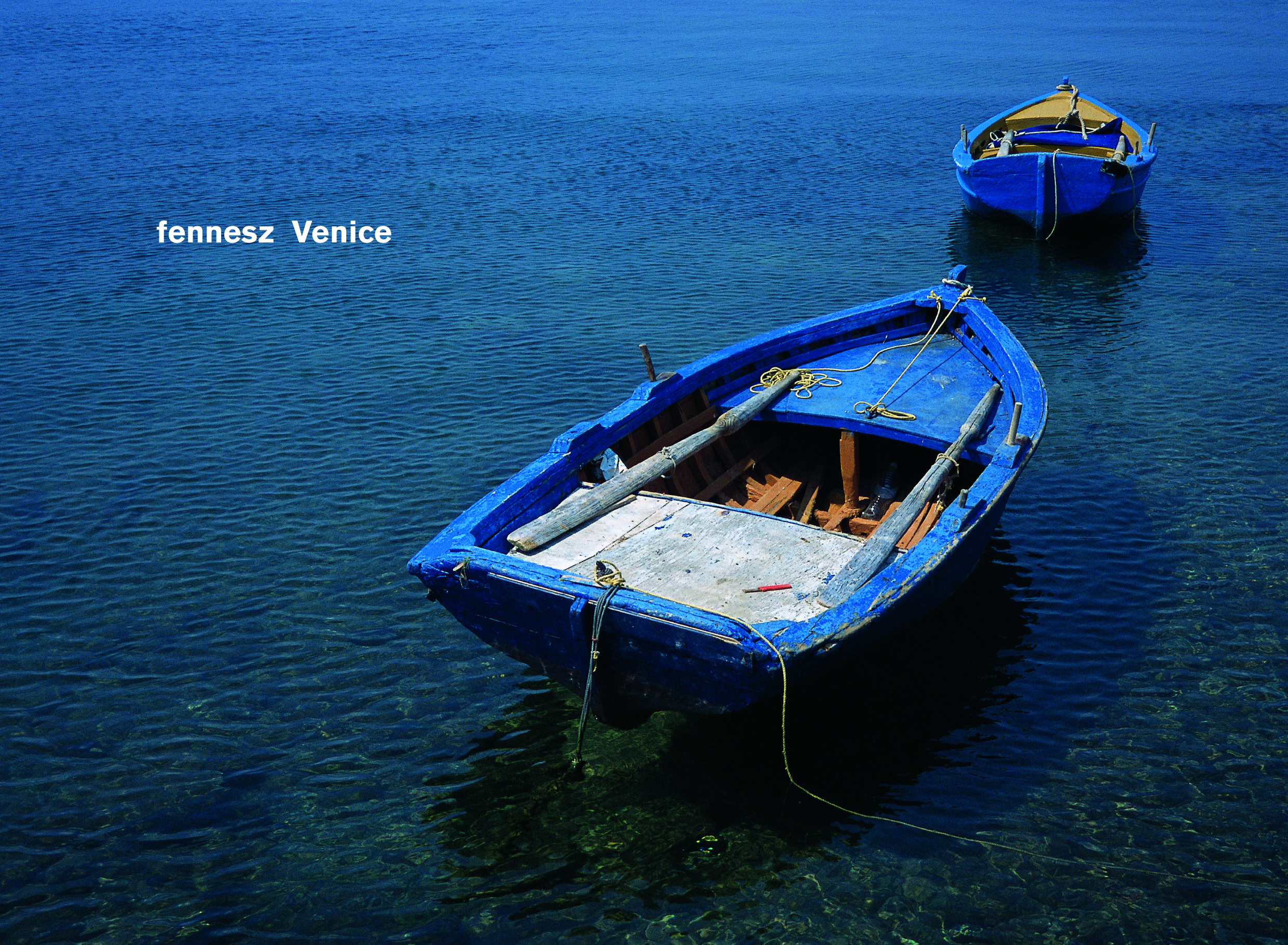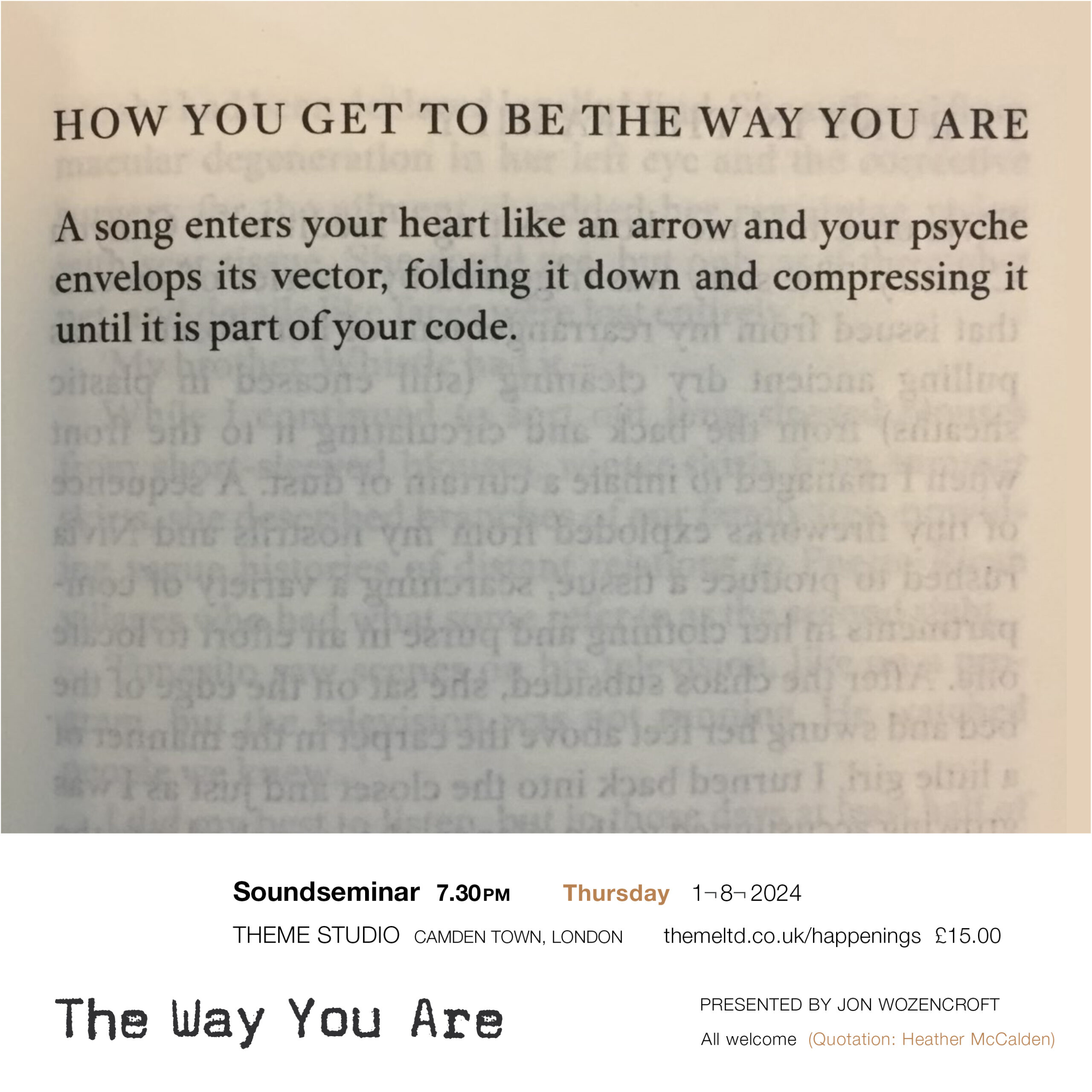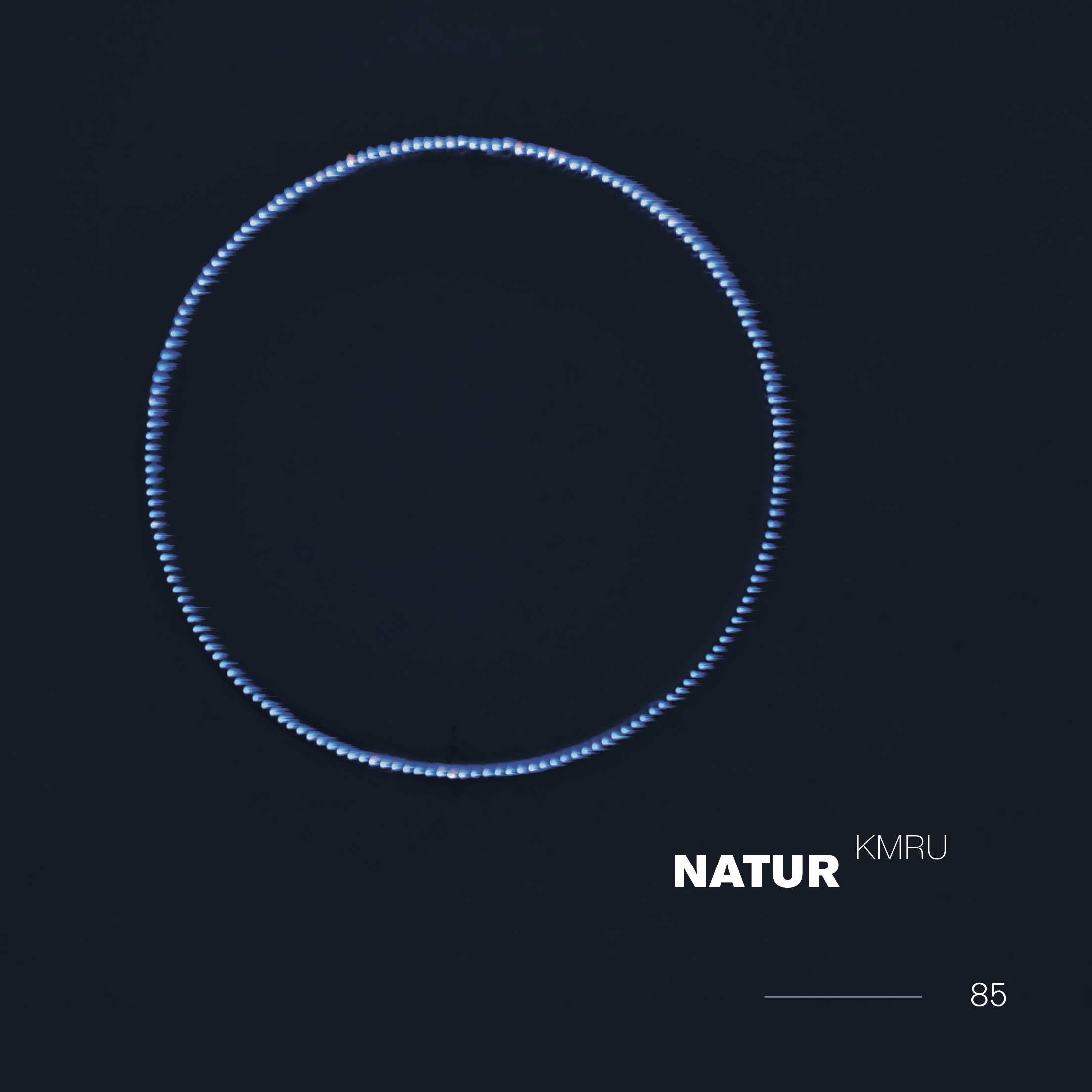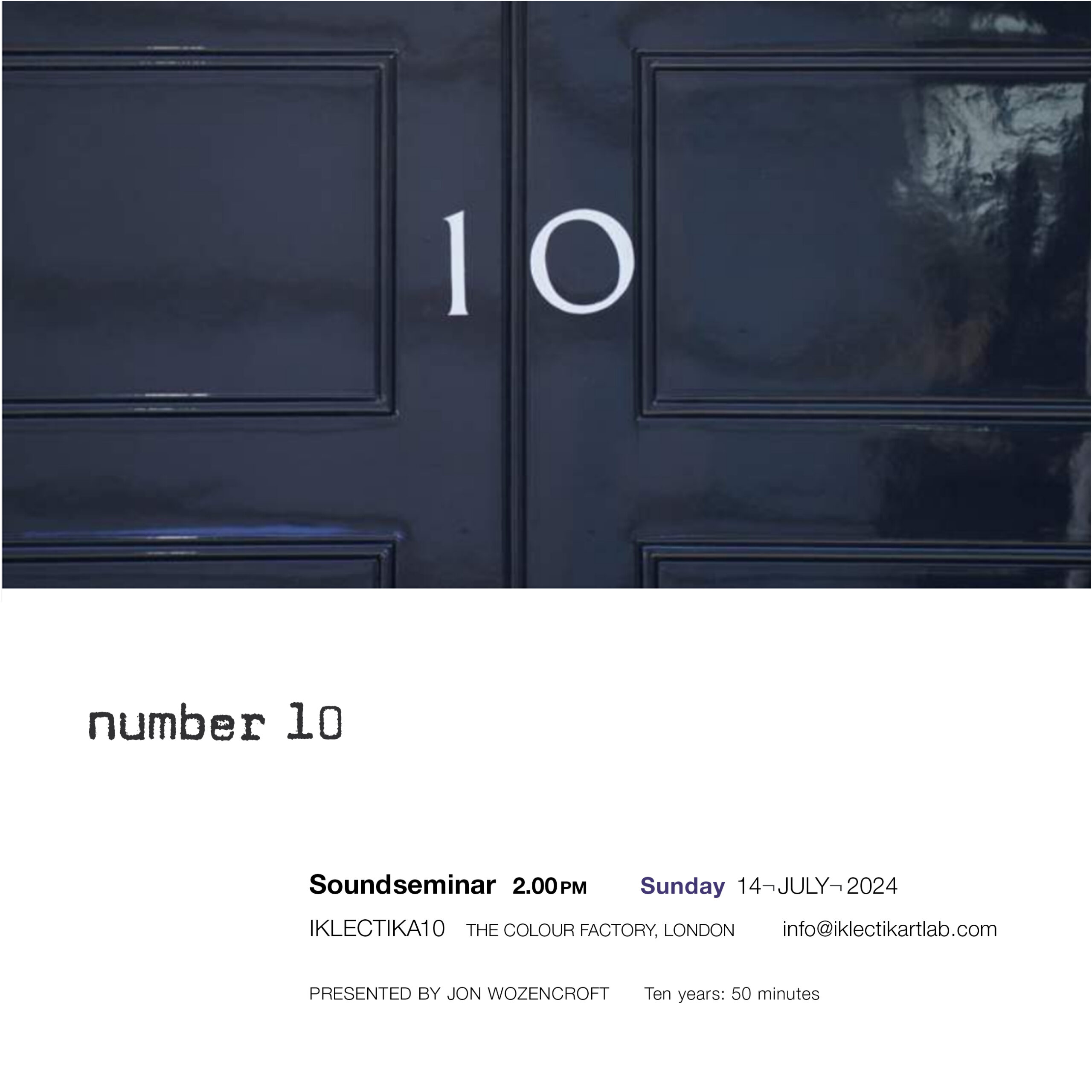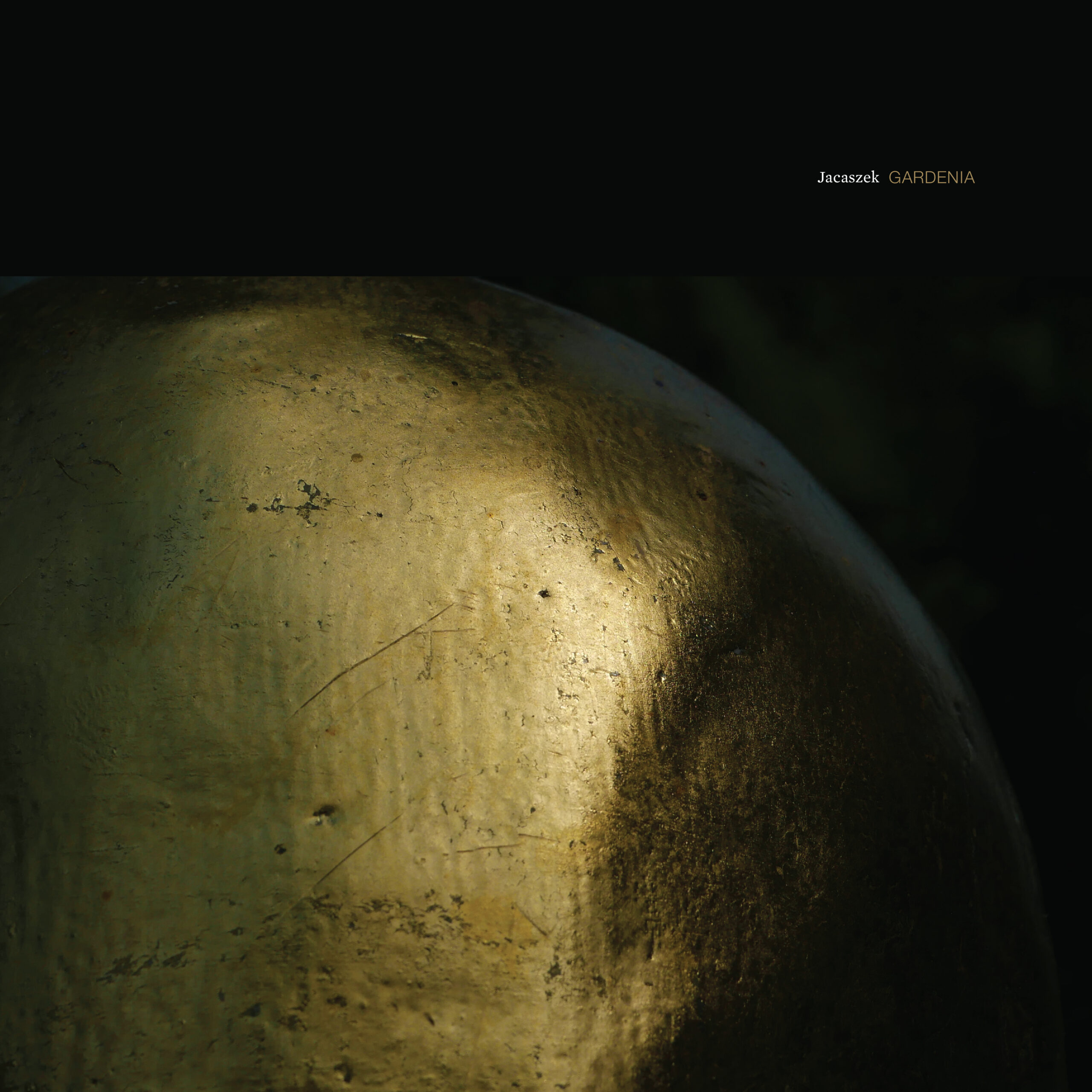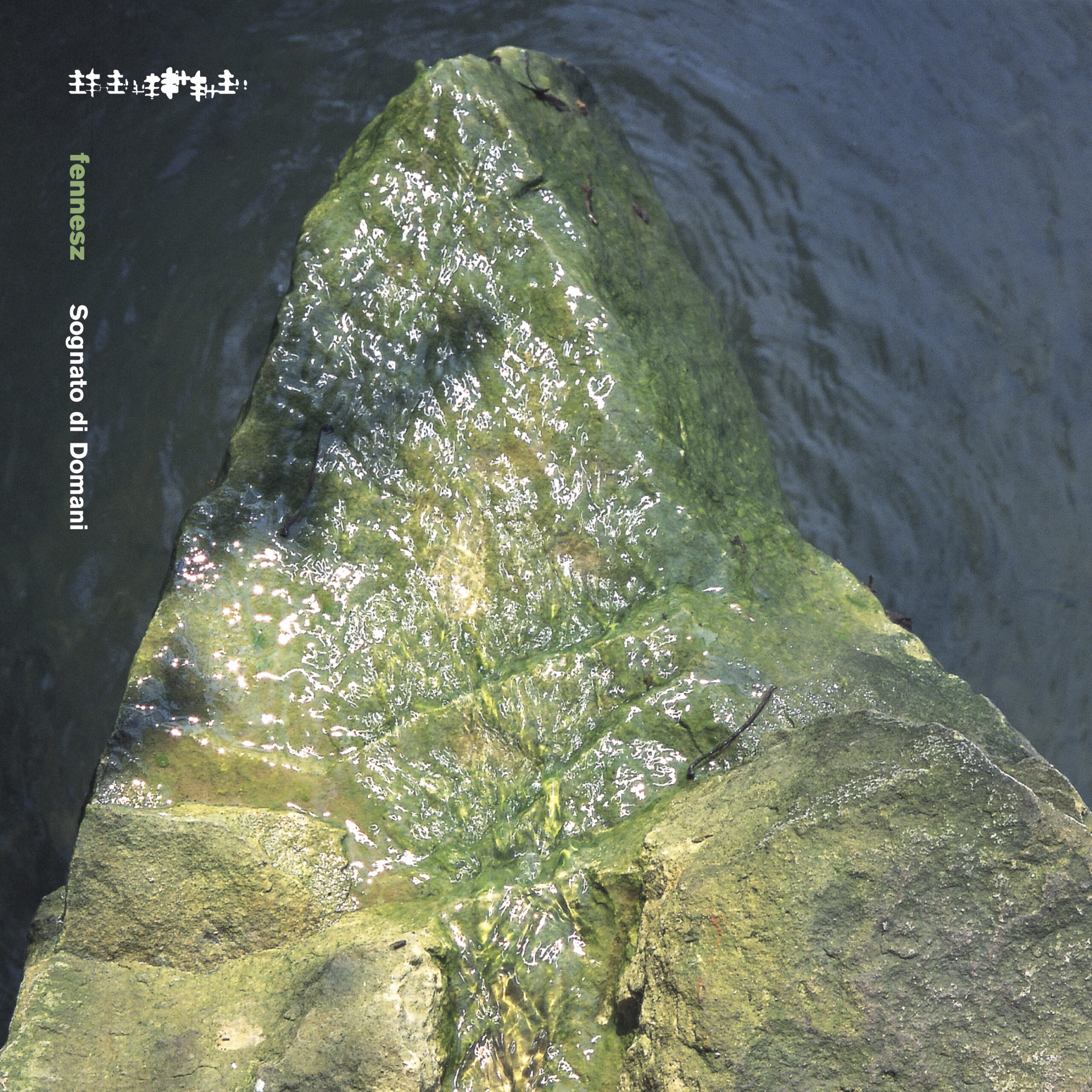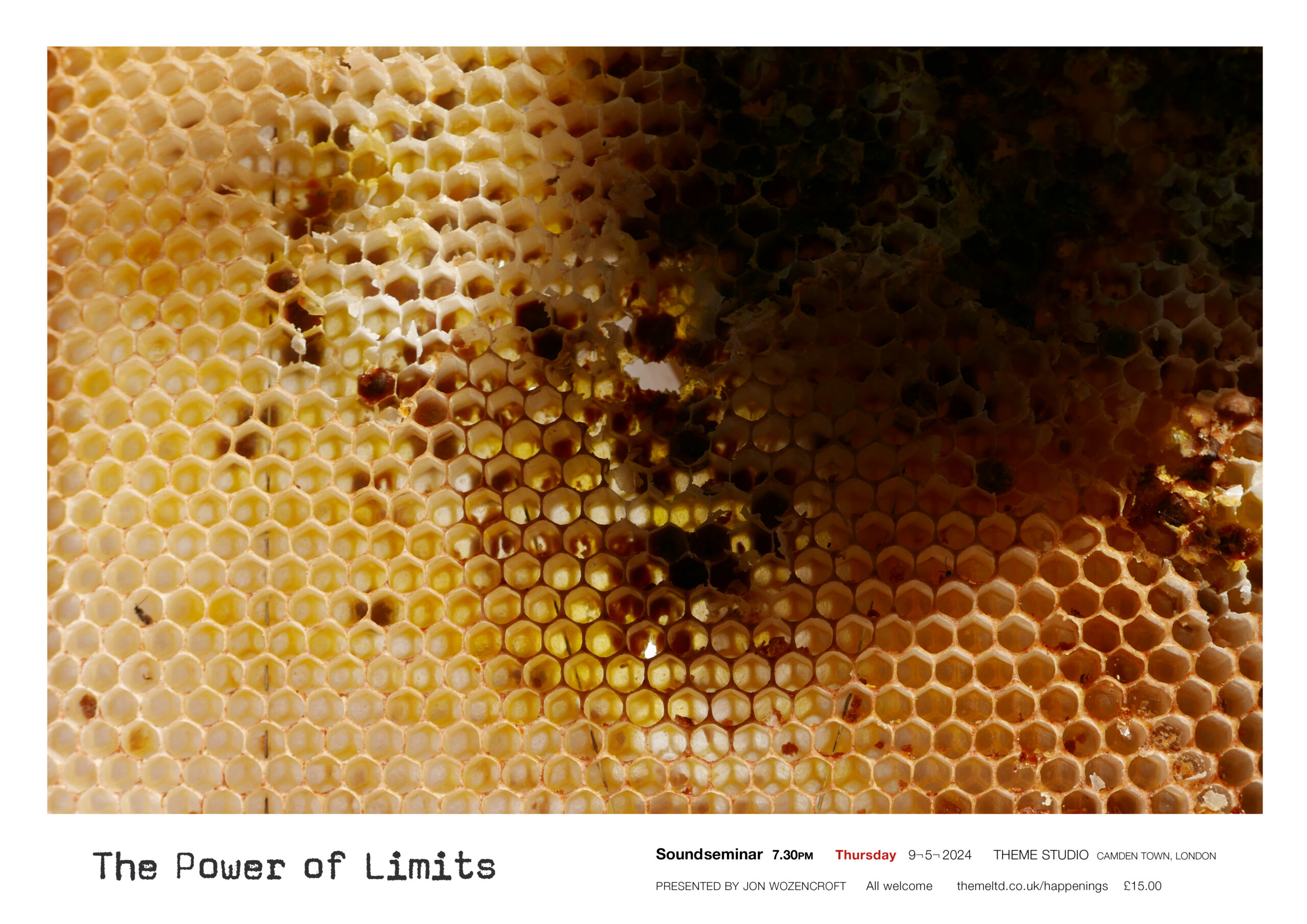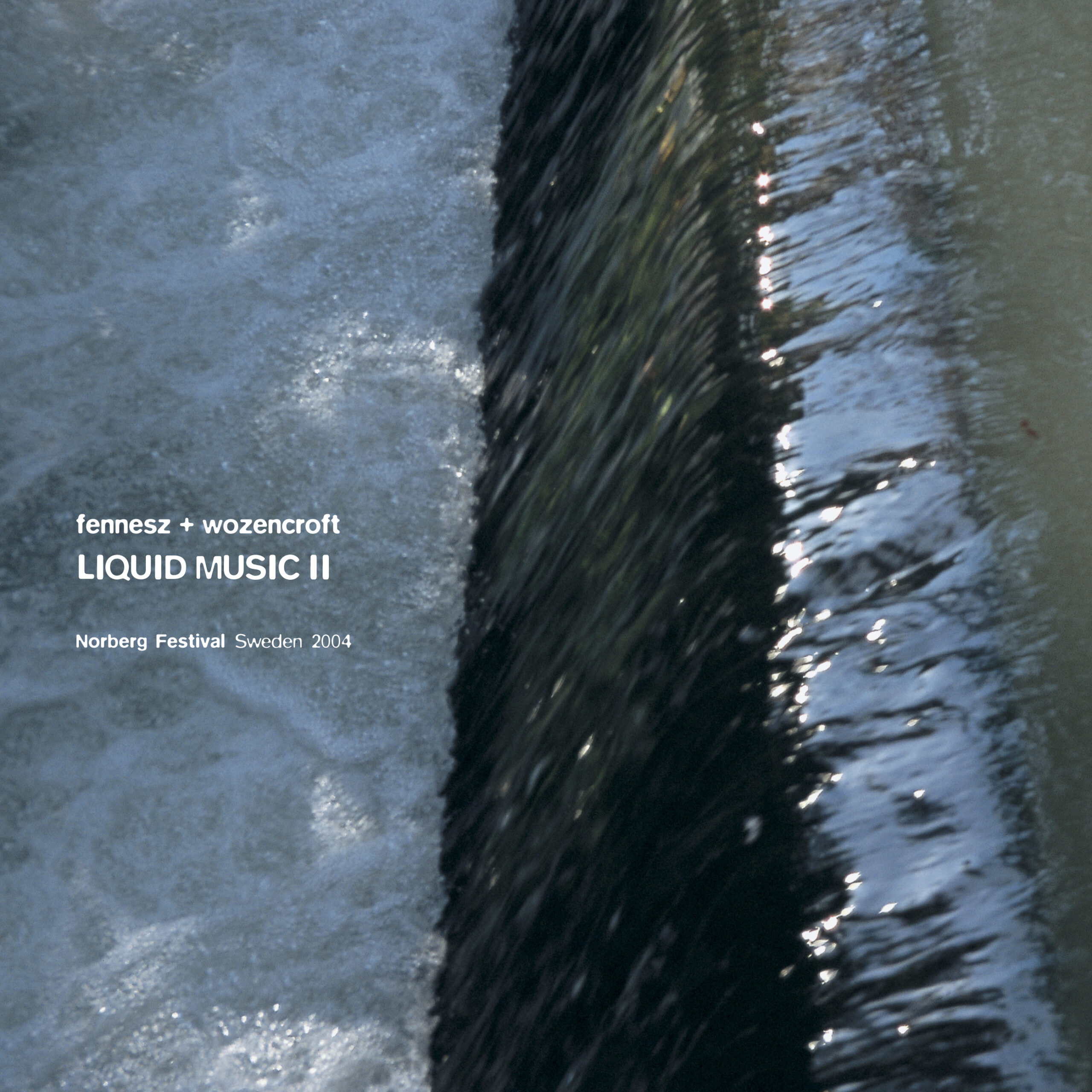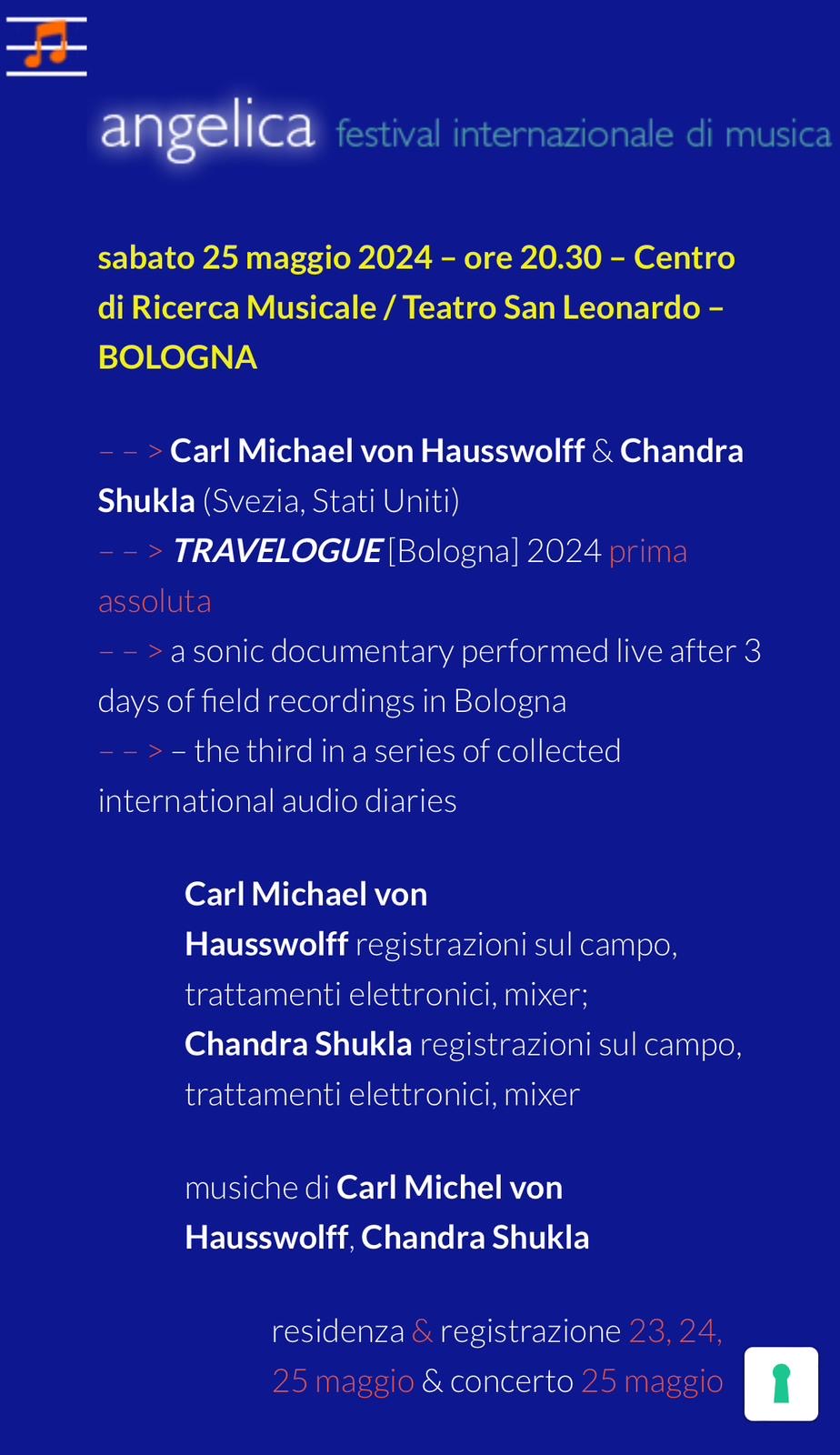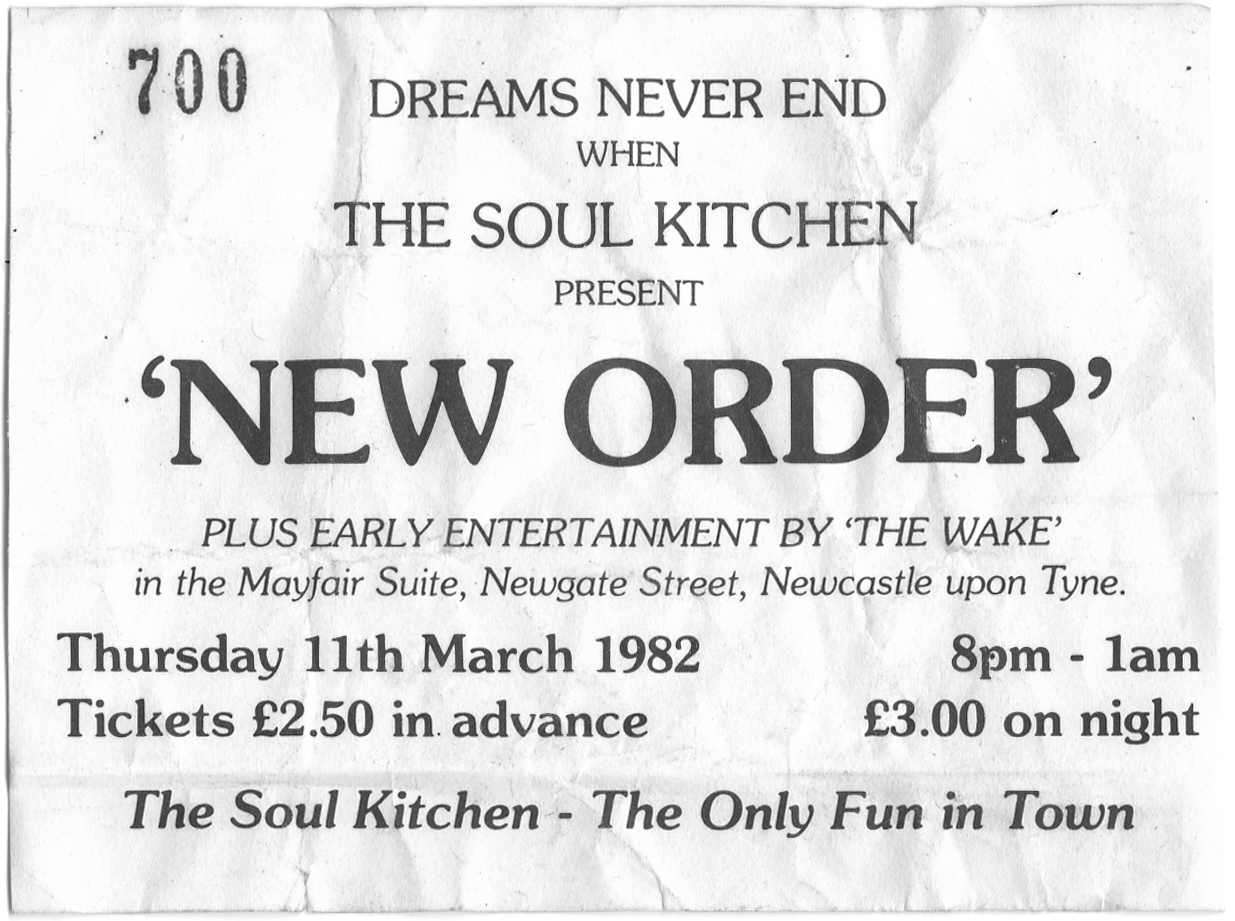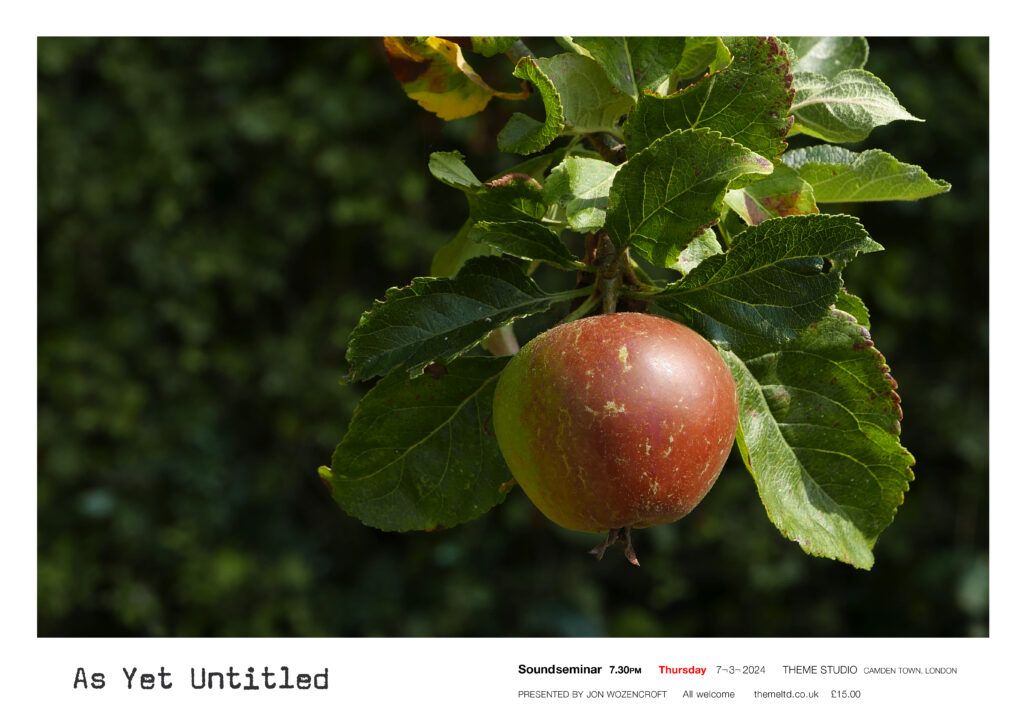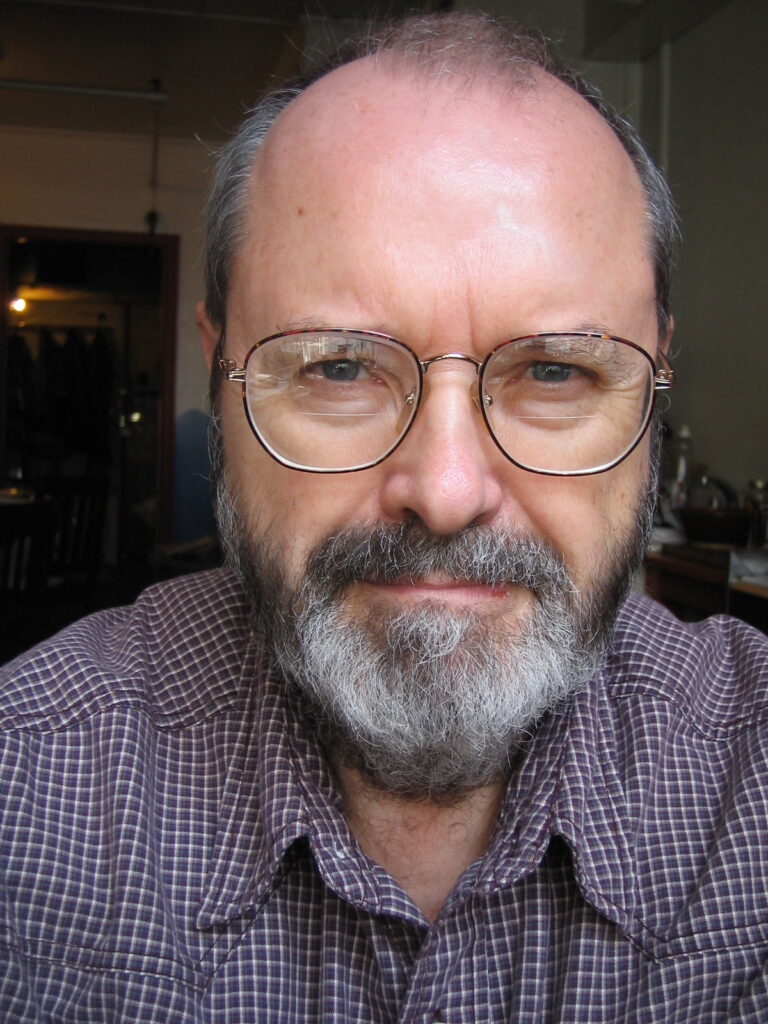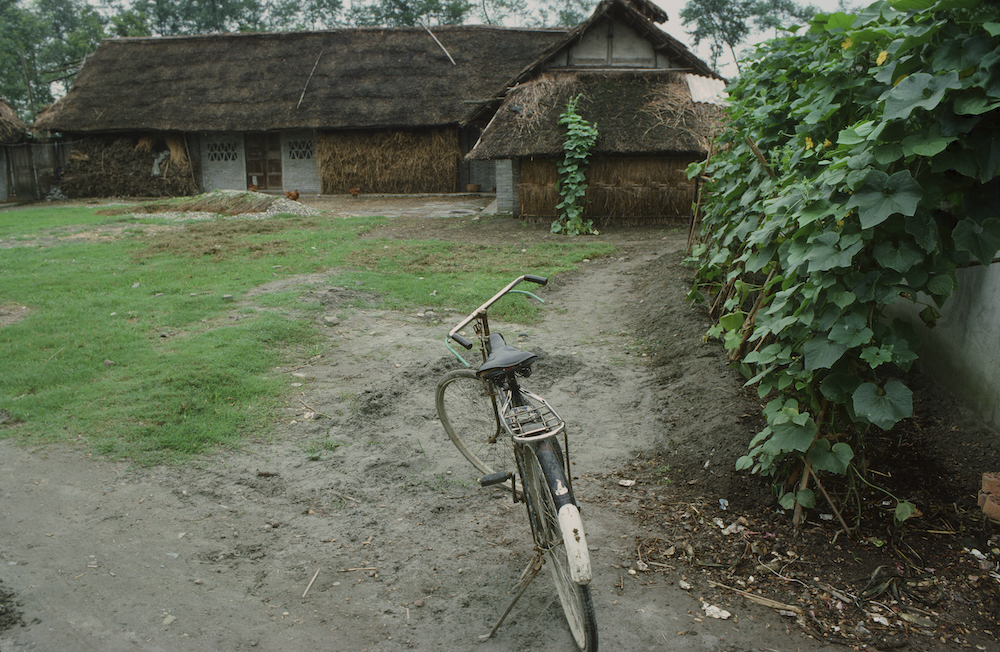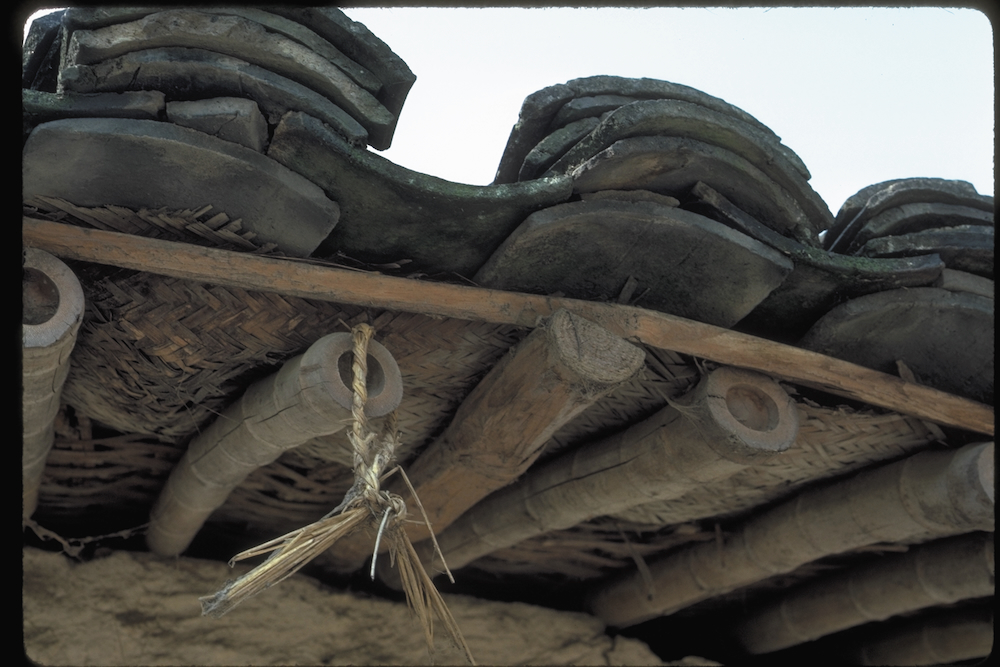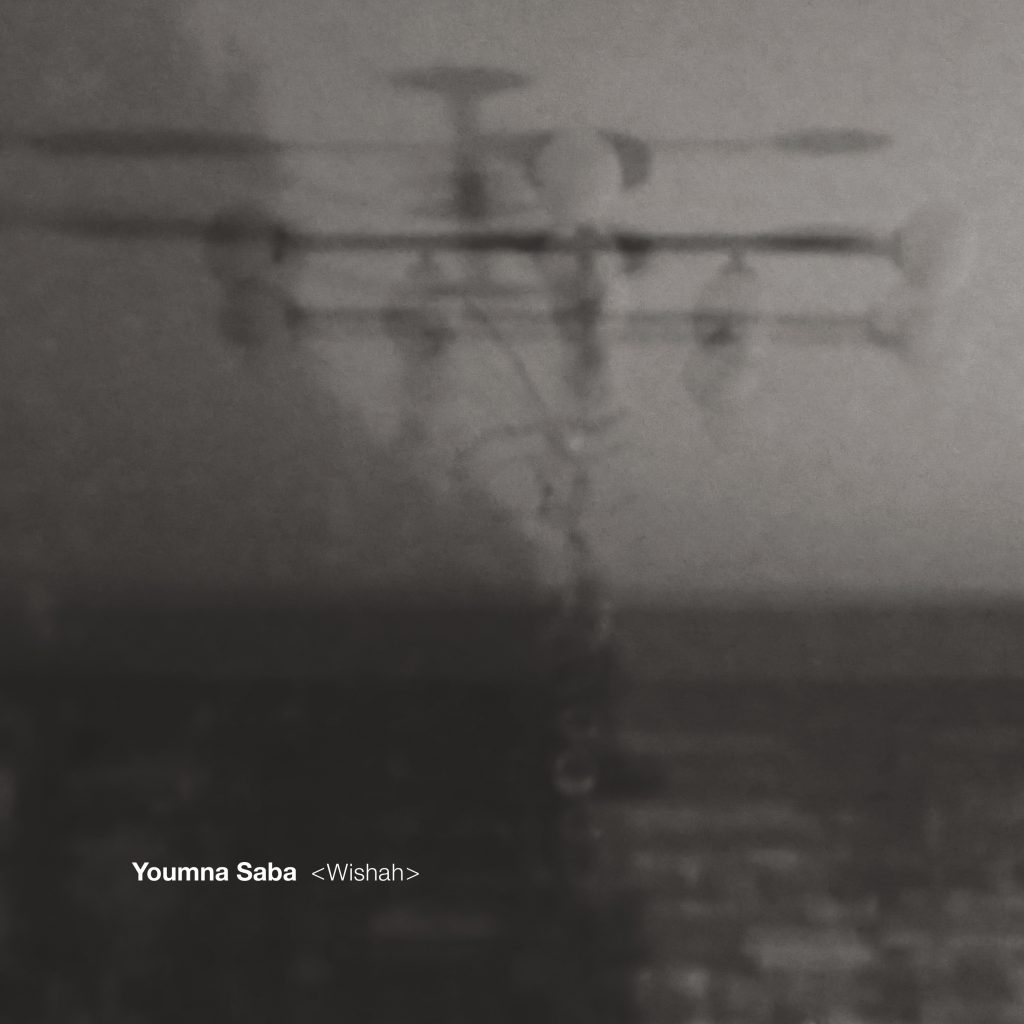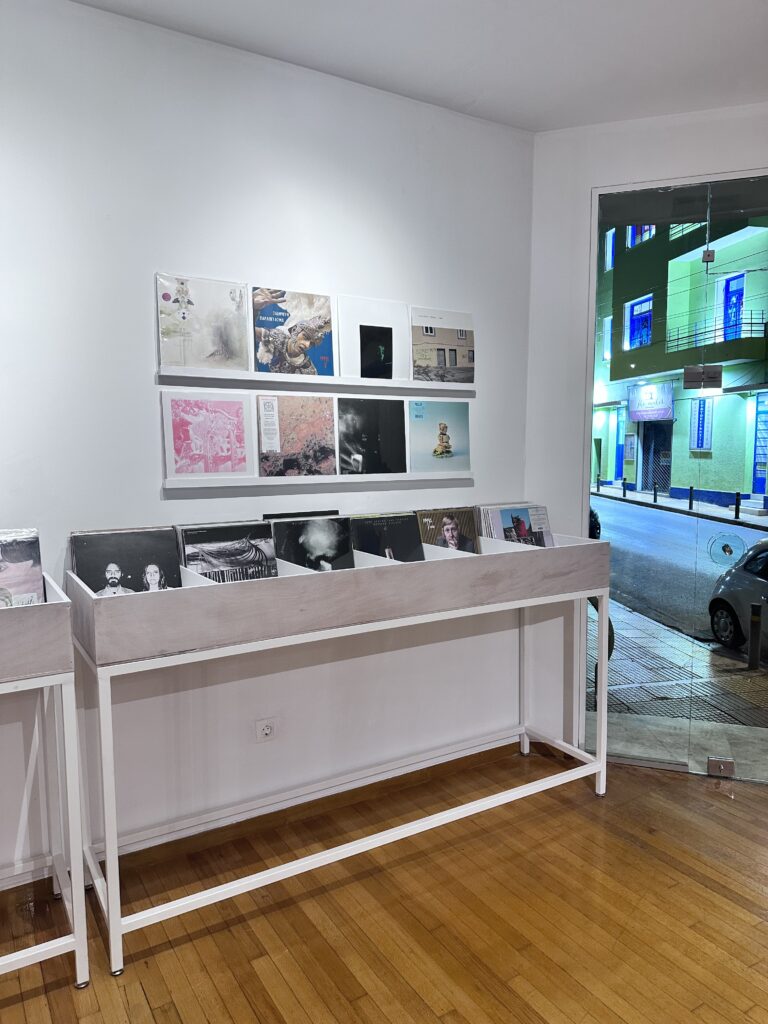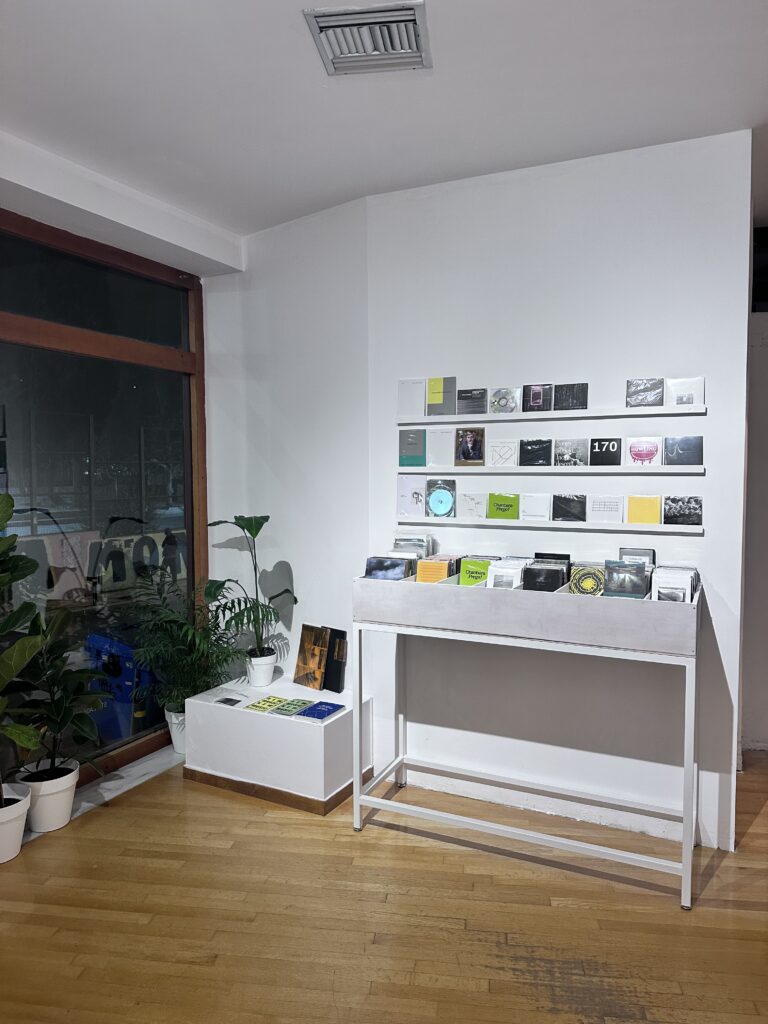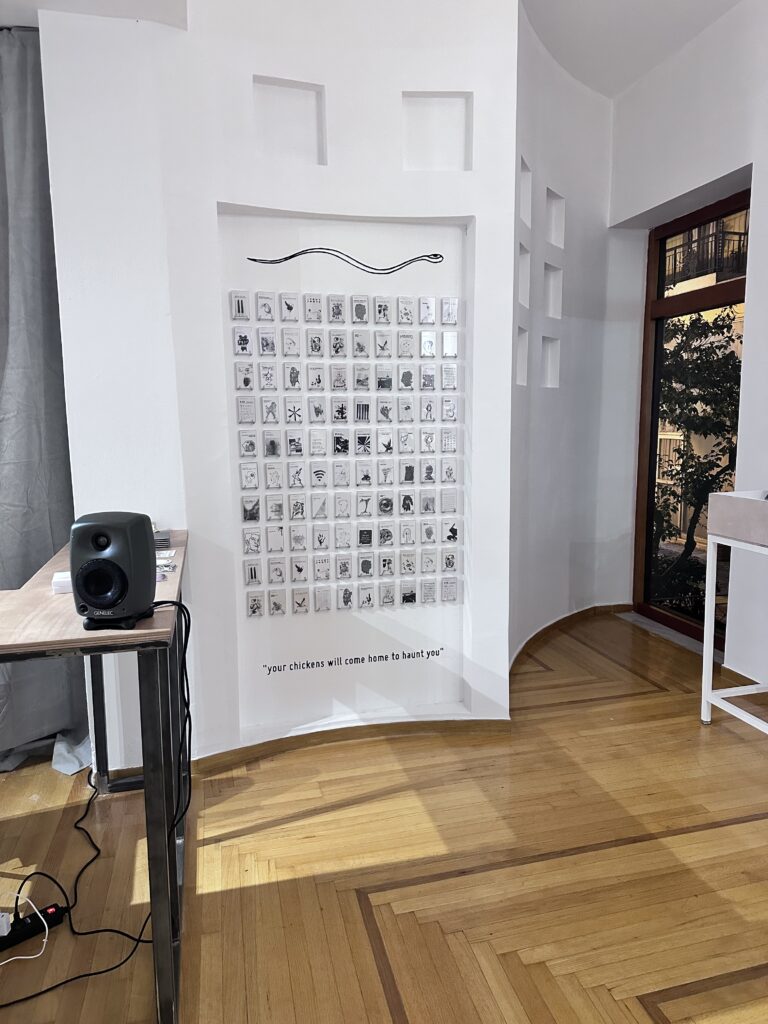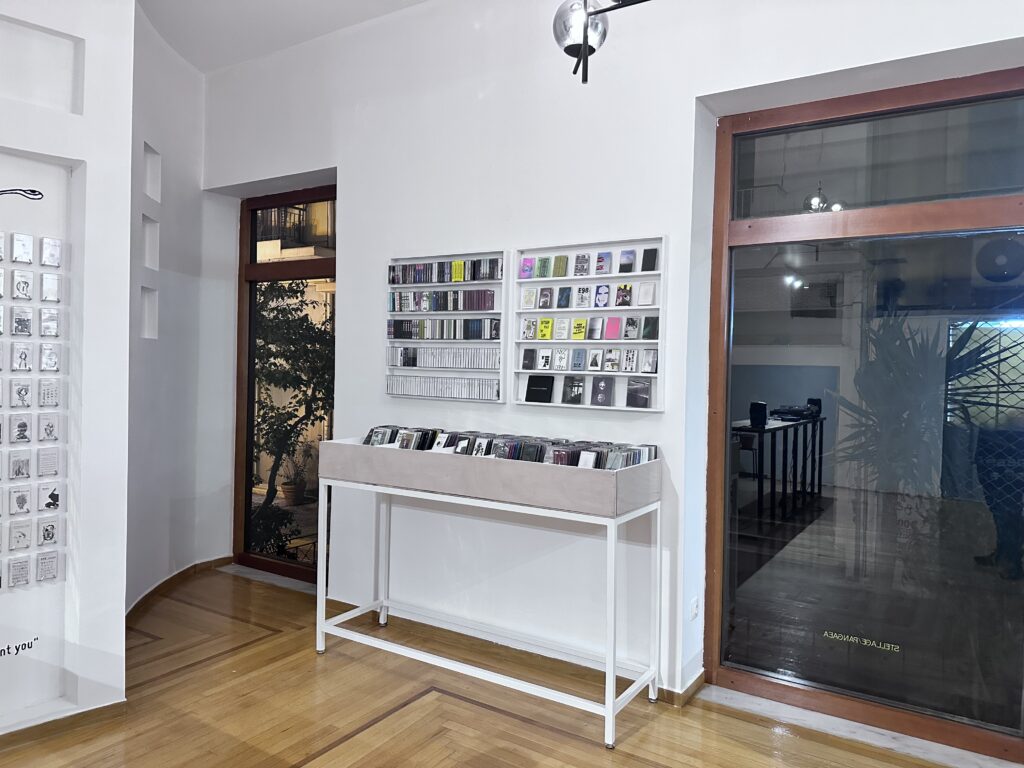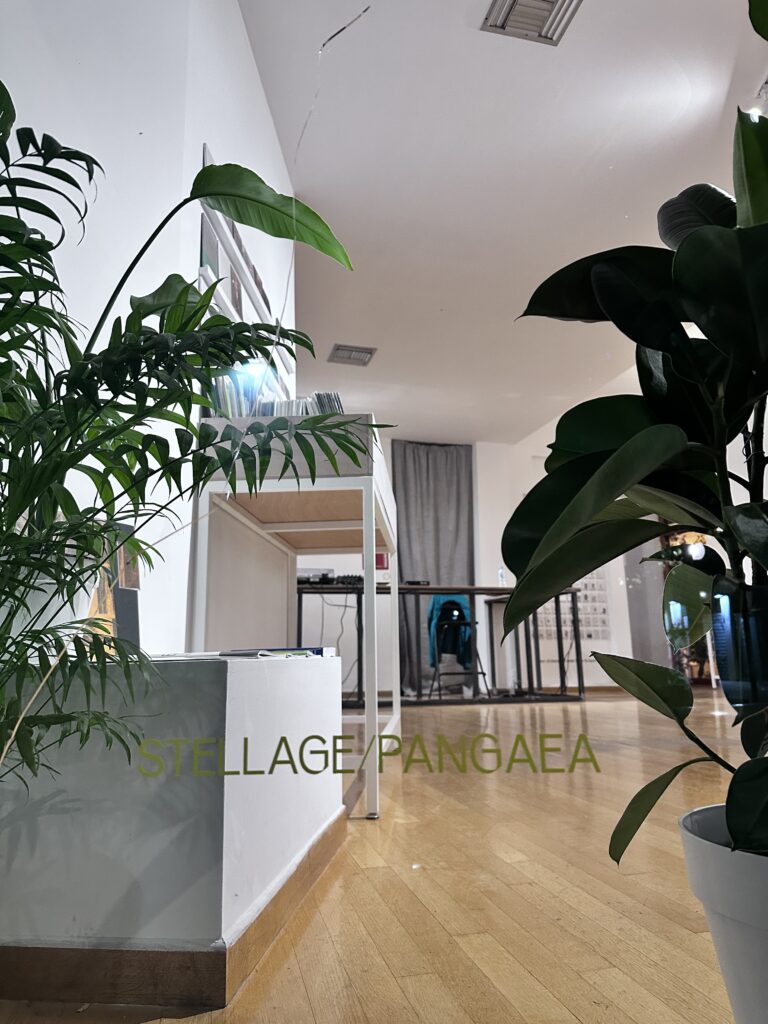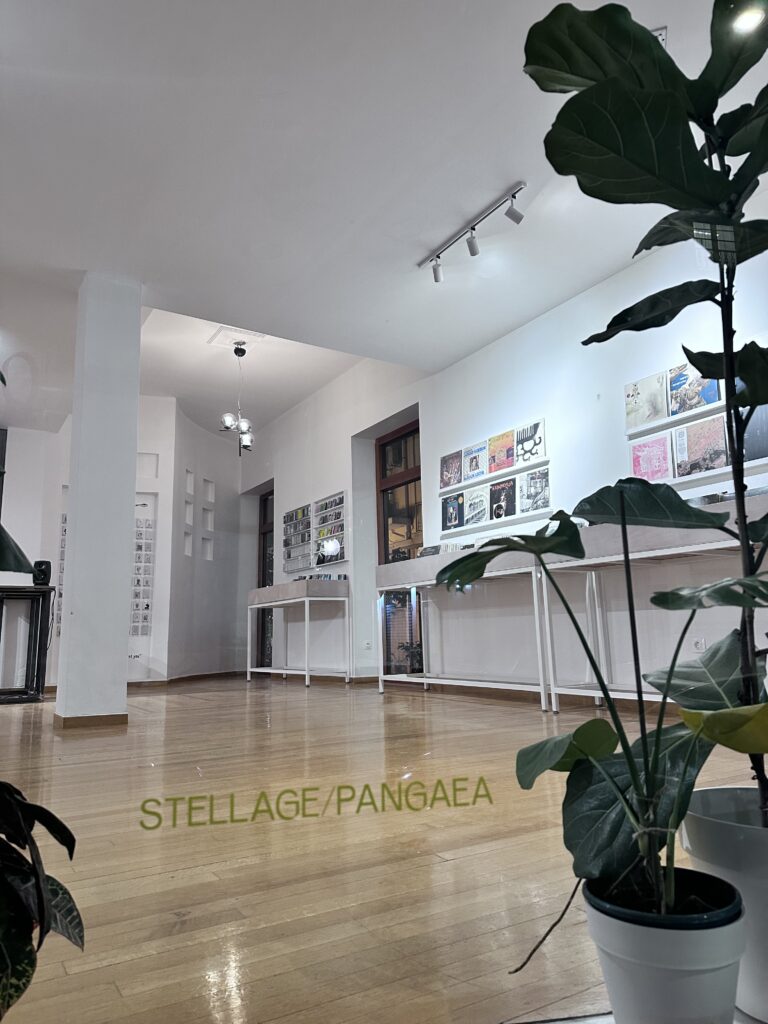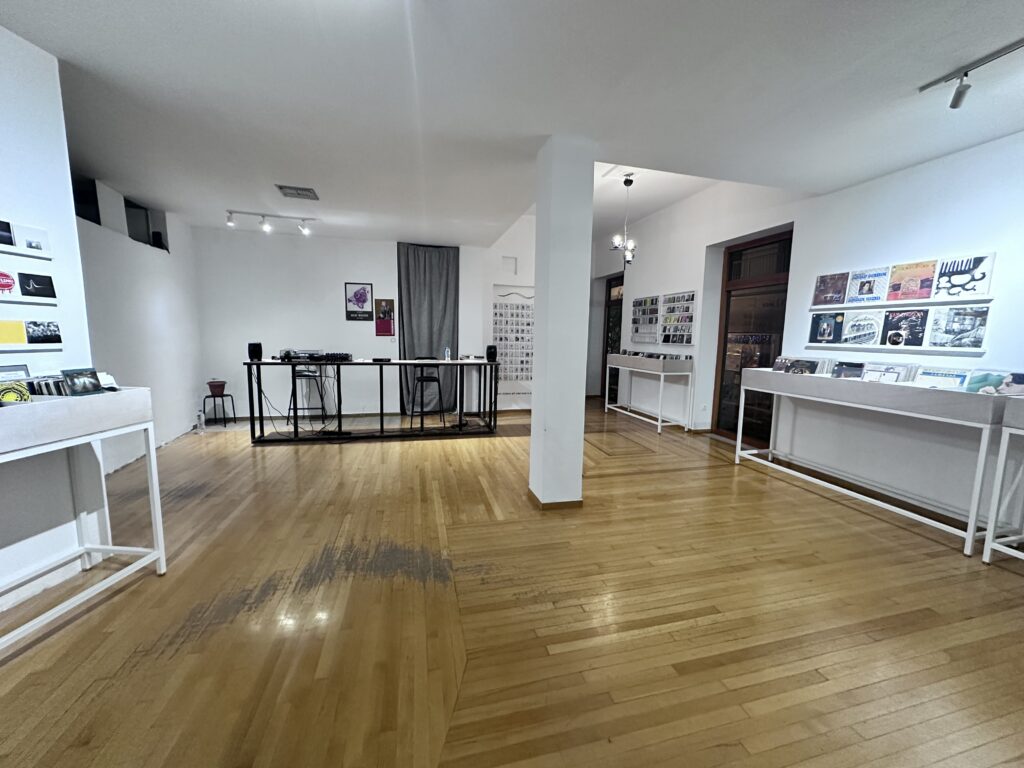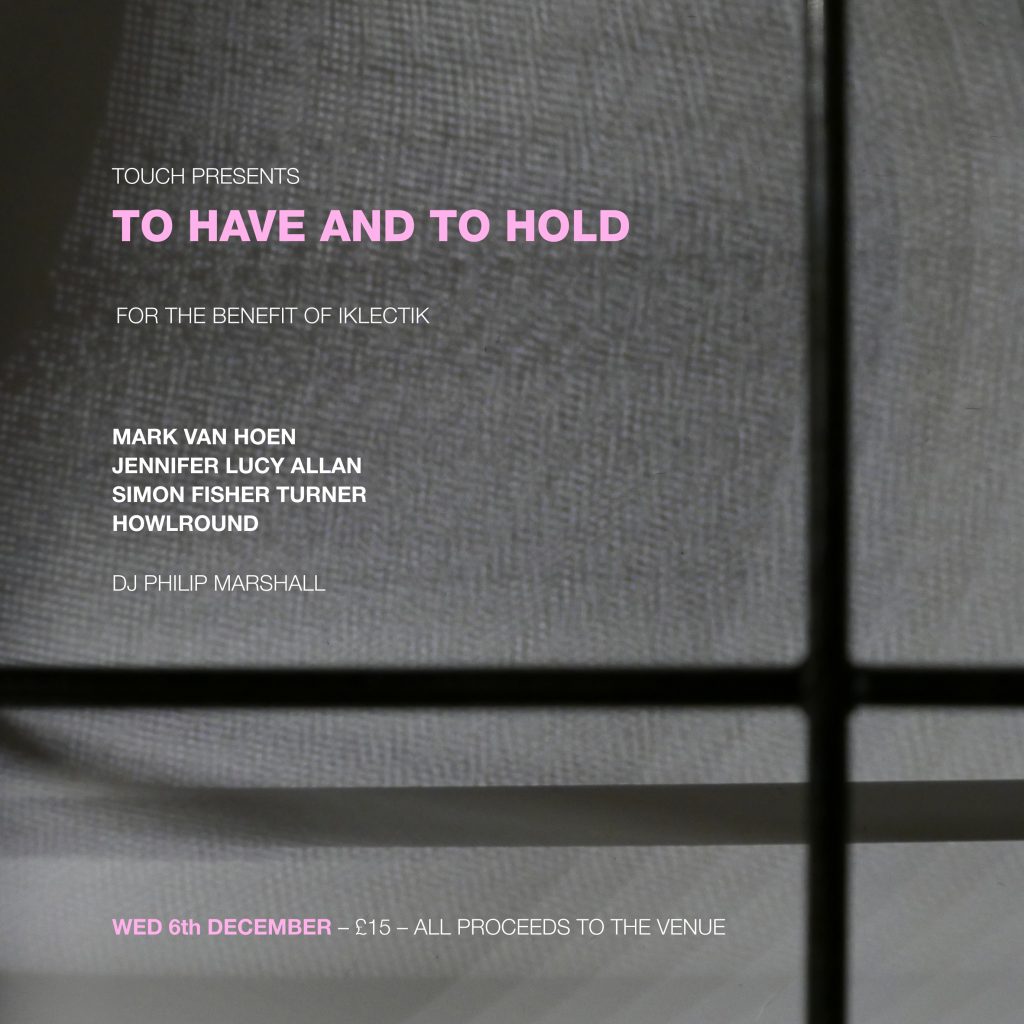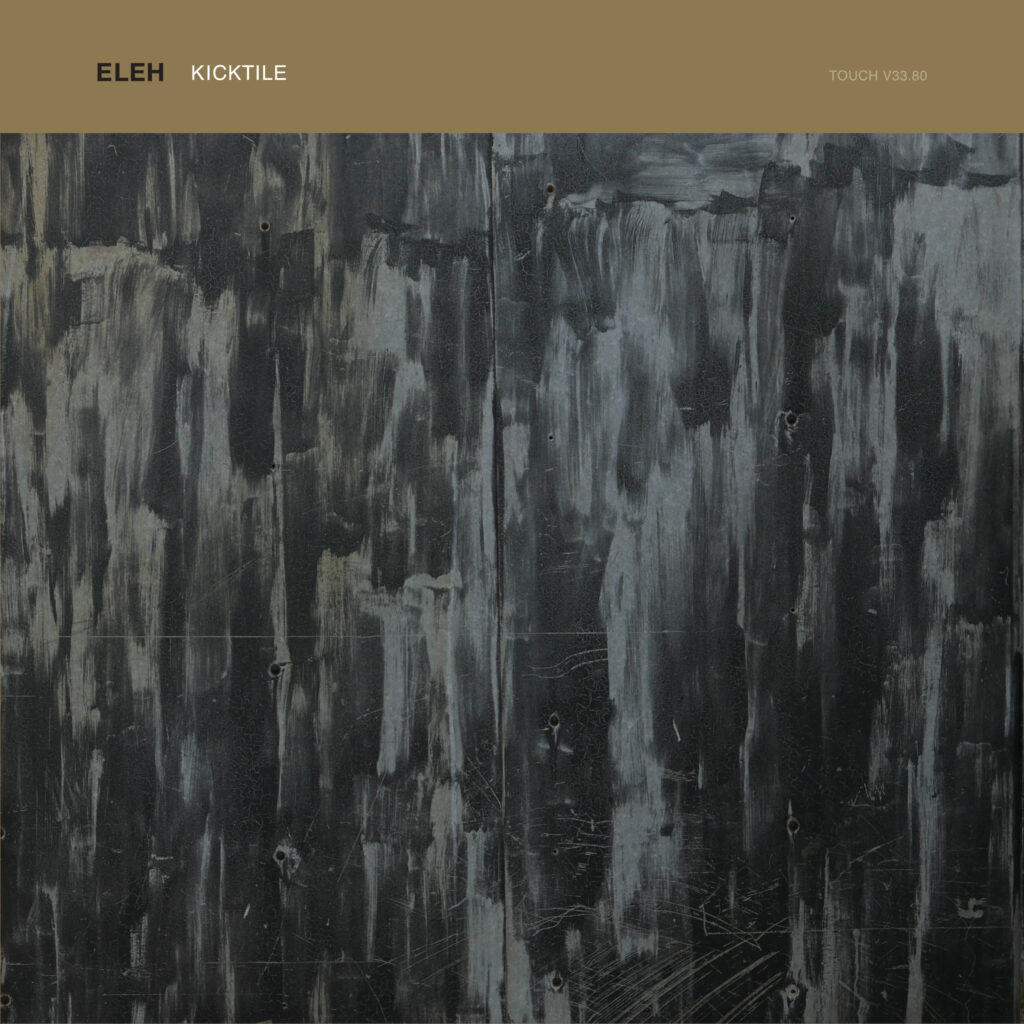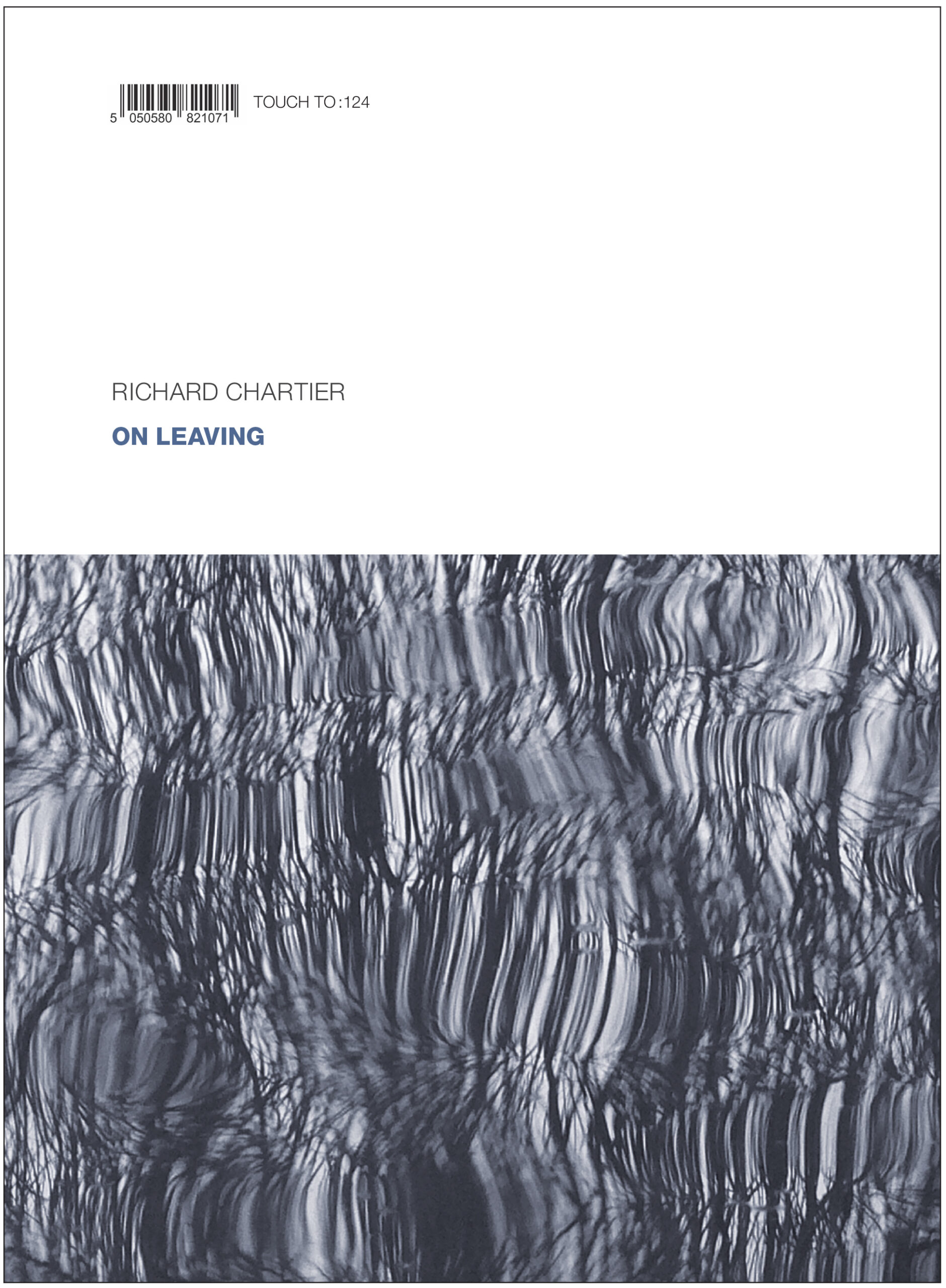
Artist: Richard Chartier
Title: On Leaving
Formats: CD & Digital Download
Catalogue Number: TO:124
Street date: 24th May 2024
You can order this CD album here
Track Listing:
1. variance.1
2. variance.2
3. variance.3
4. variance.4
5. variance.a
Mastered by Denis Blackham
Photography & design: Jon Wozencroft
About Richard Chartier
Richard Chartier is a Los Angeles-based artist/composer considered one of the key figures in minimalist sound art. Chartier’s works explore the inter-relationships between the spatial nature of sound, silence, focus, perception, and the act of listening itself.
Since 1998 Chartier’s critically acclaimed sound works have been published on labels including Room40, Editions Mego, Important Records, Touch/Ash International, mAtter, Raster-Noton, 901 Editions, his own imprint LINE.
He has collaborated with William Basinski, ELEH, France Jobin, Robert Curgenven, Taylor Deupree, AGF, CoH, Yann Novak, Asmus Tietchens. As Pinkcourtesyphone he has collaborated with Cosey Fanni Tutti, Kid Congo Powers, harpist Gwyneth Wentink, AGF, and Evelina Domnitch.
Chartier’s sound works/installations have been presented in museums and galleries internationally. His performances have occurred live across Europe, Asia, Australia, New Zealand, and North America. Chartier’s compositions have accompanied dance works by noted choreographers Ohad Naharin, Cristina Caprioli, Dustin Klein, and Marco Blazquez).
Since 2000, Chartier has curated his influential label LINE, publishing over 150 editions documenting the compositional and installation work of international sound artists and composers who explore the aesthetics of contemporary and digital minimalism.
the tree in a breeze
too much movement to focus
on a single leaf
dedicated to Steve Roden (1964-2023)
For over a quarter of a century, sound artist and composer Richard Chartier has interrogated an ever deepening thread of minimalist sound that meshes questions of stasis, pulse and timbre. The results of this work is some of the most quietly intense compositions of this century. His is a music of subtle variation, unwavering concentration, and also patience. This five part work created between 2020 and 2022 is dedicated to his friend and fellow sound artist Steve Roden.
“I first became friends with Steve Roden (and later his wife, Sari) back in 1998 when my first album ‘direct.incidental.consequential’ was released. He was one of the first group of artists to whom I sent the album. Almost instantly he had been there on the other side of the phone (or email) and ever since.
His way of listening and attention to details (no matter how small) was inspirational — the clarity and complexity of his understated and only seemingly simple compositions, engaging. Underneath it all, ‘the less’ truly opened your ears to ‘the more.’ Steve saw and heard everything between the noise, no matter how faint.
Some of the last times I was able to see Steve were right before the pandemic. The effects of his advancing Alzheimers were present, still somewhat subtle, but increasing. I am still regretful that we were unable to spend more time together prior to his succumbing to his condition’s cruel effects. Another regret is not engaging in the collaboration we had both talked about for YEARS. ‘We should really start on that sometime soon’ Steve and I would say with each passing year.
I worked on the compositions included on this album as Steve gradually slipped away from communication. He was not in my life like he had been before. During this time it became apparent that these pieces were for Steve. A reflection of his ability to find beauty in the most minute details. Even when finally reviewing the final masters after his passing, I tried to think about how Steve would listen.
What would Steve hear in the details? His effect on this album is strong… the accumulation of influence and inspiration. This album feels organic and warm and was developed during a time when his absence in my life increased. That warmth is reflective of the nature of who Steve was himself, his friendship, and his visual & sound work.
on listening… on loss… on leaving…
As Steve and I mutually suggested… for quiet amplification or headphone listening.”











